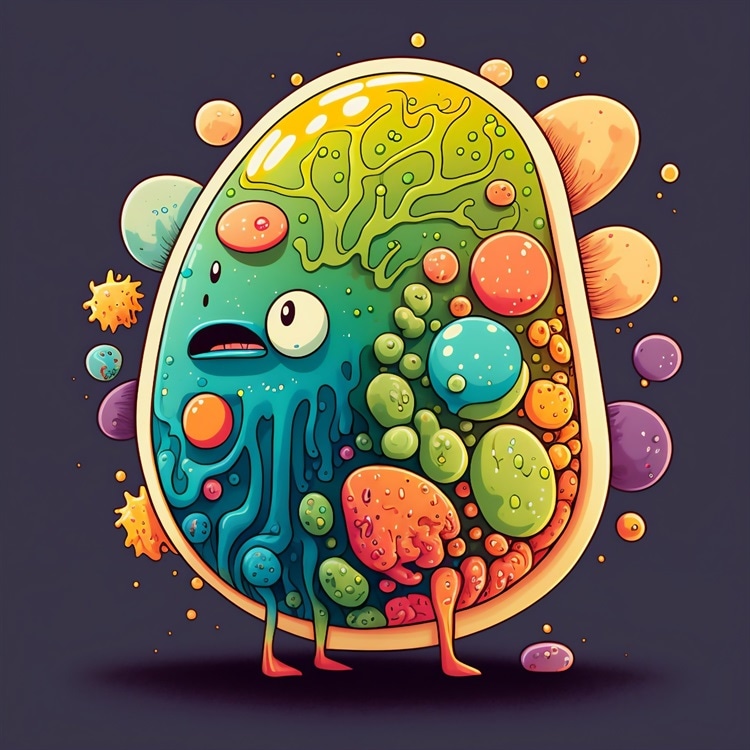Around 100 trillion microorganisms, including bacteria, viruses, yeasts, and parasites, can be found in the human gut microbiota. Humans are born with largely sterile guts that later become colonized by their mother’s microbiome. The microbiota of the newborn is significantly influenced by the delivery method—cesarean or vaginal. The phyla Firmicutes and Bacteroidetes make up the majority of the healthy gut microbiota, while the Bifidobacterium genus is the most prevalent Actinobacteria. Other parts of the gastrointestinal system, whose makeup differs from the gut microbiome, are also colonized by microbes.
One of the essential elements of the intestinal environment, the gut microbiota aids in the maintenance of the gut barrier, nutritional and medication absorption, the control of human metabolism, and the development of the immune system. The gut microbiota’s alpha diversity has been.Gut microbiota can be influenced by a number of variables, including genetics, age, environment, nutrition, and lifestyle. As dietary preferences vary according to geography, changes in the microbiota of various populations can also be seen. Regardless of the population’s age, dietary changes have been seen. Different meal compositions can have an impact on the microbiota profiles, but an imbalanced diet and an unhealthy lifestyle can also have an effect over time. It has been noted that the gut microbiome diversity is decreased in overweight and obese people.
Individuals with different body mass indexes (BMI) are observed to have different gut microbiomes with metabolic imbalances associated with a less healthy microbiome. Children with overweight or normal BMI have been observed to show a higher diversity than those underweight. Akkermansia muciniphila, which has been found in the mucus layer of the intestine, has been reported to be a beneficial organism for the modulation of basal metabolism in rodents and humans. The decrease in Akkermansia due to obesity can lead to gut barrier failure and an increase in the gut inflammatory response. A healthy diet leading to improvements in gut microbiota can be helpful not only in case of metabolic disorders but also in inflammatory diseases. Therefore, each nutrient and dietary approach has a specific impact on the gut microbiota.





